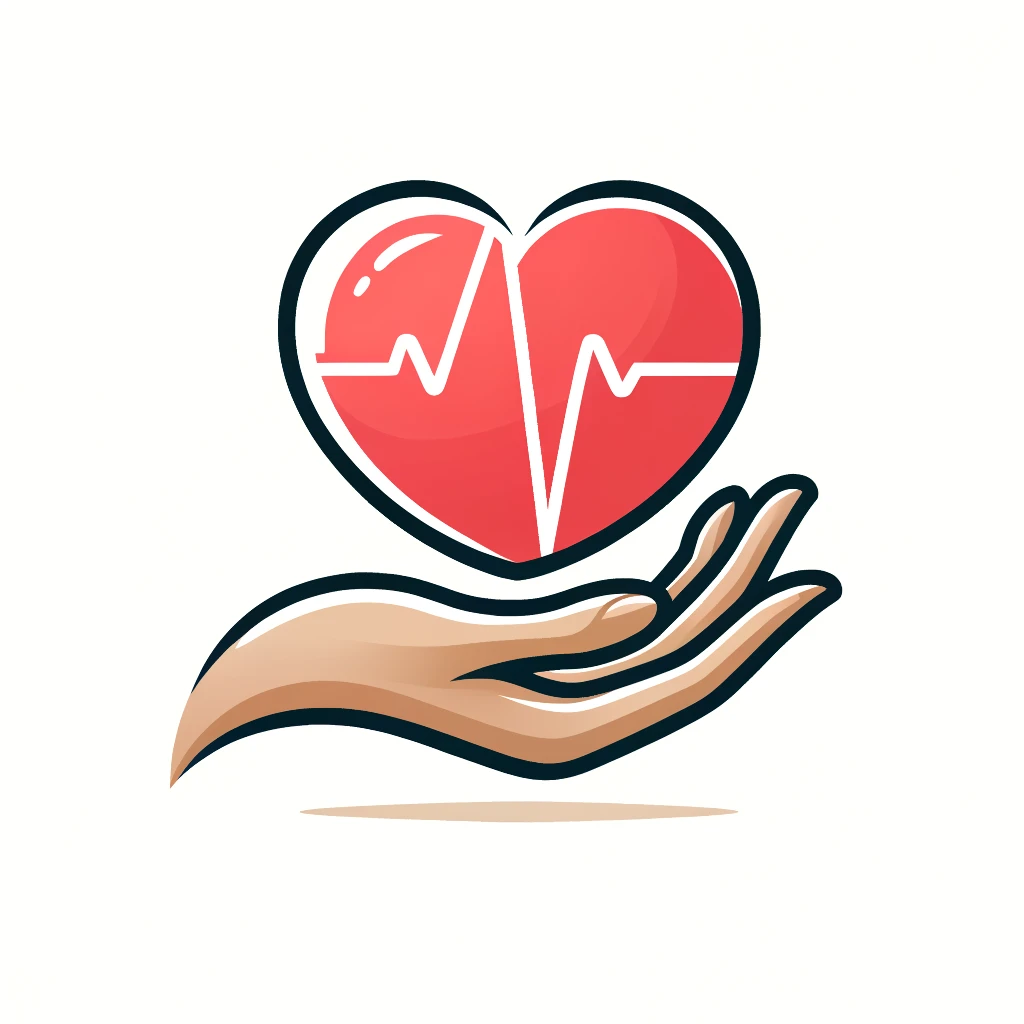Wearable devices have become essential tools for health monitoring, particularly for individuals at risk of strokes and other serious health conditions. These devices can track vital signs, alert users to potential health issues, and even notify emergency contacts in case of a critical situation. Here’s an extensive list of some of the best wearable devices designed to monitor health, detect stroke risk factors, and provide alerts for emergencies.
1. Apple Watch Series 8
- Features: Monitors heart rate, ECG, and blood oxygen levels; detects falls and can alert emergency services.
- Monitoring Mode: Always on; alerts the user to take an ECG when irregularities are detected.
- AFib Detection: Yes, after an alert, asks to perform a 30-second ECG to detect AFib.
- Emergency Alerts: Yes, it can notify emergency contacts if a fall is detected.
2. Fitbit Charge 5
- Features: Tracks heart rate variability, sleep patterns, and stress levels; includes an ECG app for atrial fibrillation detection.
- Emergency Alerts: No direct emergency alert feature, but can share health data with family or healthcare providers.
3. Garmin Venu 2
- Features: Monitors heart rate, stress levels, and sleep; includes a Pulse Ox sensor for blood oxygen monitoring.
- Emergency Alerts: Yes, it can send alerts to emergency contacts if the user experiences a fall.
4. Samsung Galaxy Watch 5
- Features: Monitors heart rate, ECG, blood pressure, and body composition; offers stress management tools.
- Emergency Alerts: Yes, has an SOS feature that alerts emergency contacts.
5. KardiaMobile 6L by AliveCor
- Features: A portable ECG monitor that detects atrial fibrillation and other heart conditions.
- Emergency Alerts: No direct alert feature but provides real-time data that can be shared with healthcare providers.
6. Withings ScanWatch
- Features: Combines fitness tracking with medical-grade ECG monitoring; tracks sleep apnea and heart rate.
- Emergency Alerts: No direct alert feature but can share data with healthcare professionals.
7. Oura Ring
- Features: Tracks sleep quality, heart rate variability, and activity levels; provides insights into overall health.
- Emergency Alerts: No direct emergency alert feature but offers data sharing capabilities.
8. BioBeat Smart Health Monitor
- Features: Monitors vital signs like heart rate, respiratory rate, and blood pressure; uses advanced sensors for accuracy.
- Emergency Alerts: Yes, can send alerts to caregivers or family members if abnormal readings are detected.
9. Philips Lifeline
- Features: A personal emergency response system that can be worn as a pendant or wristband; includes fall detection technology.
- Emergency Alerts: Yes, connects directly to emergency services when activated.
10. Empatica Embrace2
- Features: Designed for seizure detection; monitors physiological signals such as electrodermal activity and movement.
- Emergency Alerts: Yes, sends alerts to caregivers if seizures are detected.
11. Fitbit Sense
- Features: Monitors heart rate variability, skin temperature changes, and stress levels; includes an ECG app.
- Emergency Alerts: No direct emergency alert feature but allows sharing of health data with family members.
12. NeuroSky MindWave Mobile 2
- Features: Monitors brain activity and stress levels through EEG technology; useful for mental health tracking.
- Emergency Alerts: No emergency alert feature but provides insights into mental well-being.
13. Wellue O2Ring
- Features: A ring that continuously monitors blood oxygen levels and heart rate during sleep.
- Emergency Alerts: Yes, can send notifications if blood oxygen levels drop below a certain threshold.
14. Zephyr BioPatch
- Features: A wearable patch that continuously monitors vital signs such as heart rate and respiratory rate in real-time.
- Emergency Alerts: Yes, can notify medical personnel in case of abnormal readings.
These wearable devices not only help in monitoring vital health parameters but can also play a crucial role in alerting individuals and their loved ones during emergencies. By investing in such technology, individuals at risk of strokes or other health issues can take proactive steps towards maintaining their health and ensuring timely interventions when necessary.
